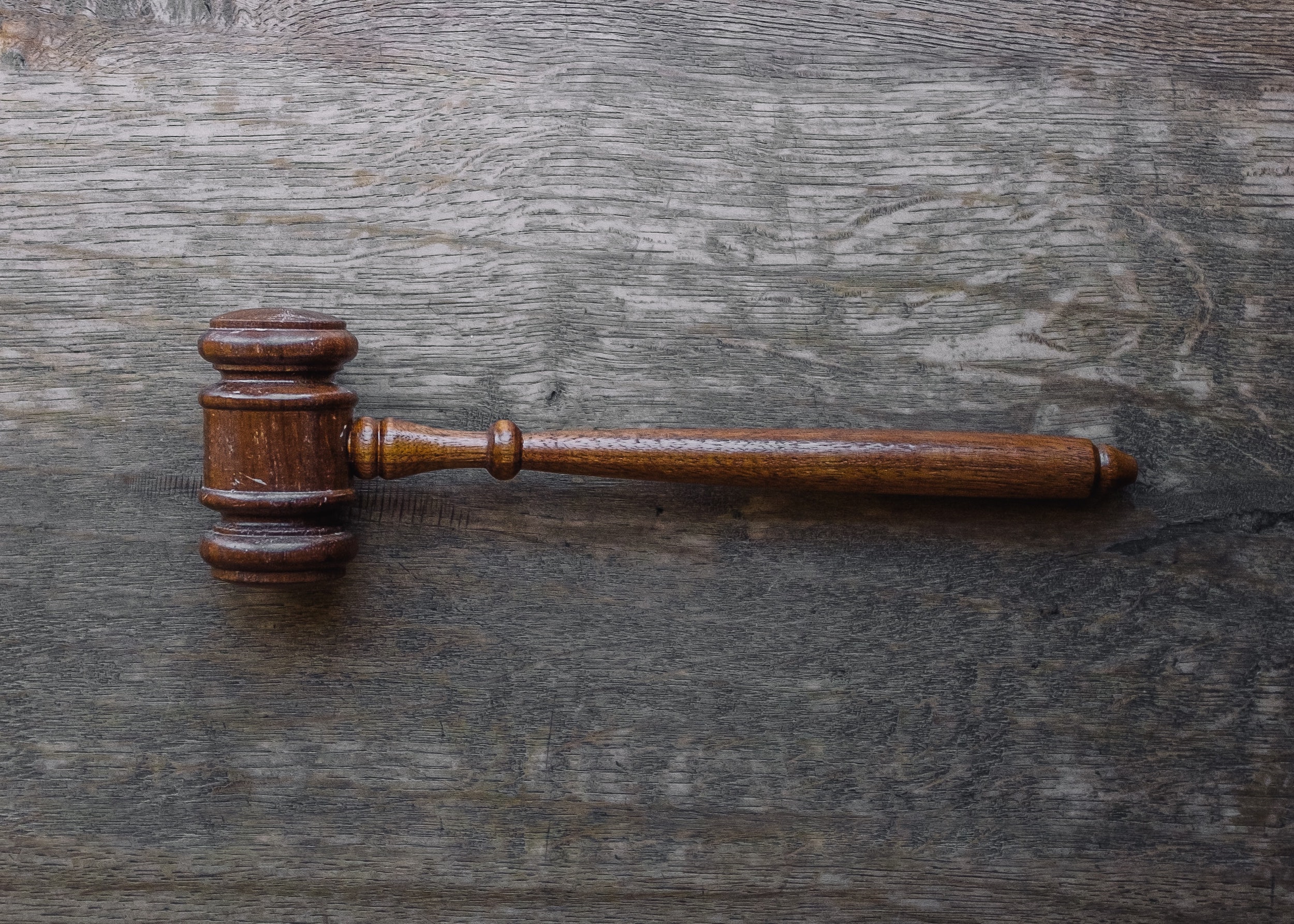Under the California Fair Employment and Housing Act (“FEHA”), an employer may not “discharge, expel, or otherwise discriminate against any person because the person opposed any practices forbidden under [FEHA] or because the person has filed a complaint, testified, or assisted in any proceeding under [FEHA].” Cal. Gov. Code § 12940(h).
FEHA retaliation claims follow the McDonnell-Douglas burden-shifting framework. Yanowitz v. L’Oreal USA, Inc., 36 Cal.4th 1028, 1042 (2005). To establish a prima facie case for retaliation, the employee must establish that (1) they engaged in an activity protected under FEHA, such as filing a discrimination claim; (2) the employer subjected them to adverse employment action; and (3) there was a causal connection between the employee’s protected activity and the employer’s adverse action. Id. Once the employee has established a prima facie case for retaliation, the burden shifts to the employer to provide a legitimate, nonretaliatory explanation for the adverse employment action. Id. Should the employer successfully rebut, the burden shifts back to the employee to prove intentional retaliation. Id.


